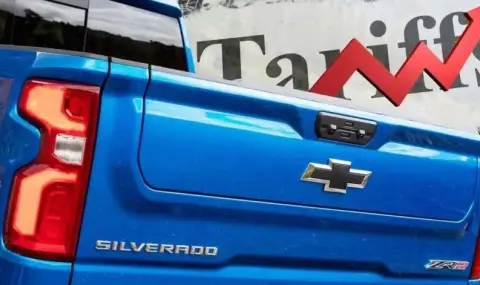The US President has already postponed the decision to impose tariffs on imported cars three times. However, it is now clear that the Trump administration has decided to impose reciprocal tariffs on specific countries, rather than on the entire industry.
Trump first proposed a 25 percent tariff on car imports from Canada and Mexico within hours of taking office, but later postponed the decision by 30 days.
The tariffs went into effect on March 4, but a day later Trump suspended them again, setting April 2 as a new deadline and announcing the introduction of 25 percent tariffs on all imported cars on the same day.
However, as Motor1 reports, citing a report by The Wall Street Journal , the administration may not introduce the aforementioned tariffs on April 2.
According to the report, the fate of the tariffs on car imports from Canada and Mexico remains uncertain. They could be delayed, eased or even completely eliminated in favor of reciprocal tariffs on certain countries.
The threat of tariffs from U.S. leaders has created uncertainty in the auto industry. Automakers are reportedly considering a number of options to mitigate a potential new tax that could raise prices and hurt workers. Audi is considering passing on some of the cost to consumers, while Hyundai is less concerned about the potential consequences.
